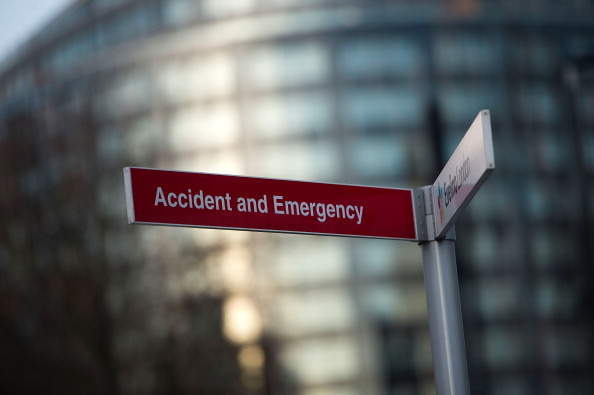
Good news! By 2030, you can expect to live to the ripe old age of 90 – as long as you live in a wealthy area. Research published today in the Lancet has concluded that national progress on life expectancy has come at the cost of quickly rising inequalities between rich and poor, and that this disparity is set to not only endure, but widen by as much as two to three years.
The life expectancy gap between rich and poor in the UK is already stark: ONS data shows that a man living in an affluent area of the south-east can expect to live almost 9 years longer than a man in one of the poorer north-west regions. This is also true when we look at healthy life expectancy – men living in the most prosperous local authority can expect to enjoy almost twenty more years of good health than those in the most deprived. How have we ended up like this?
The common refrain among politicians and the media is that people’s lifestyles are to blame for their poor health, and a shorter life is a consequence of wilful refusal to take personal responsibility. While public health interventions and good information are important, lifestyle choices alone cannot explain something as shocking as dying decades earlier than you should. The social gradient tells us that inequalities in health are related to inequalities in social status, so the poorer you are, the more likely you are to suffer from a range of mental and physical health conditions. Urging people in deprived areas to eat more healthily can never compensate for the devastating effects of economic disadvantage.
Instead, policymakers and commentators need to address the problem at its root by acknowledging that income inequality is a major cause of health inequality, not just an indicator. The yawning chasm in health demonstrates a society pulled apart at the seams. In a rich country like the UK, we should find it unacceptable that poor people have inferior health and shorter lives. But we shouldn’t care only for that reason. Evidence shows that in unequal countries like ours, everyone – rich and poor – has worse health outcomes than in more equal countries.
We have known about the link between economic inequality and health for years, but with new research forecasting an even greater divide, we cannot afford to ignore this crisis any longer. Politicians know that the most effective way to reduce the health gap between rich and poor is to reduce the dramatic gap in wealth and income between them. The solution is there for the taking, are our politicians willing to grasp it?





